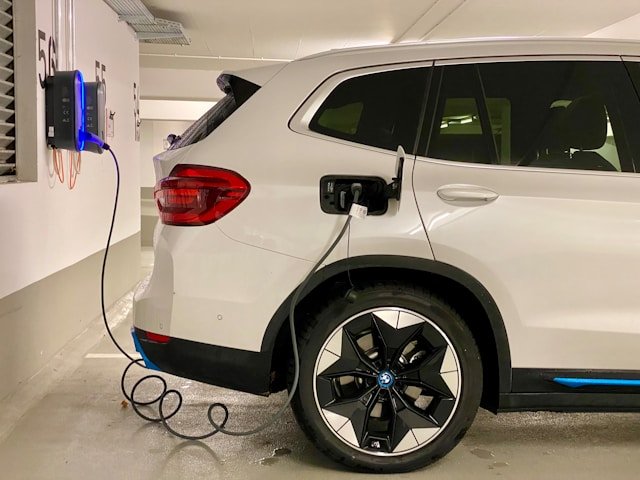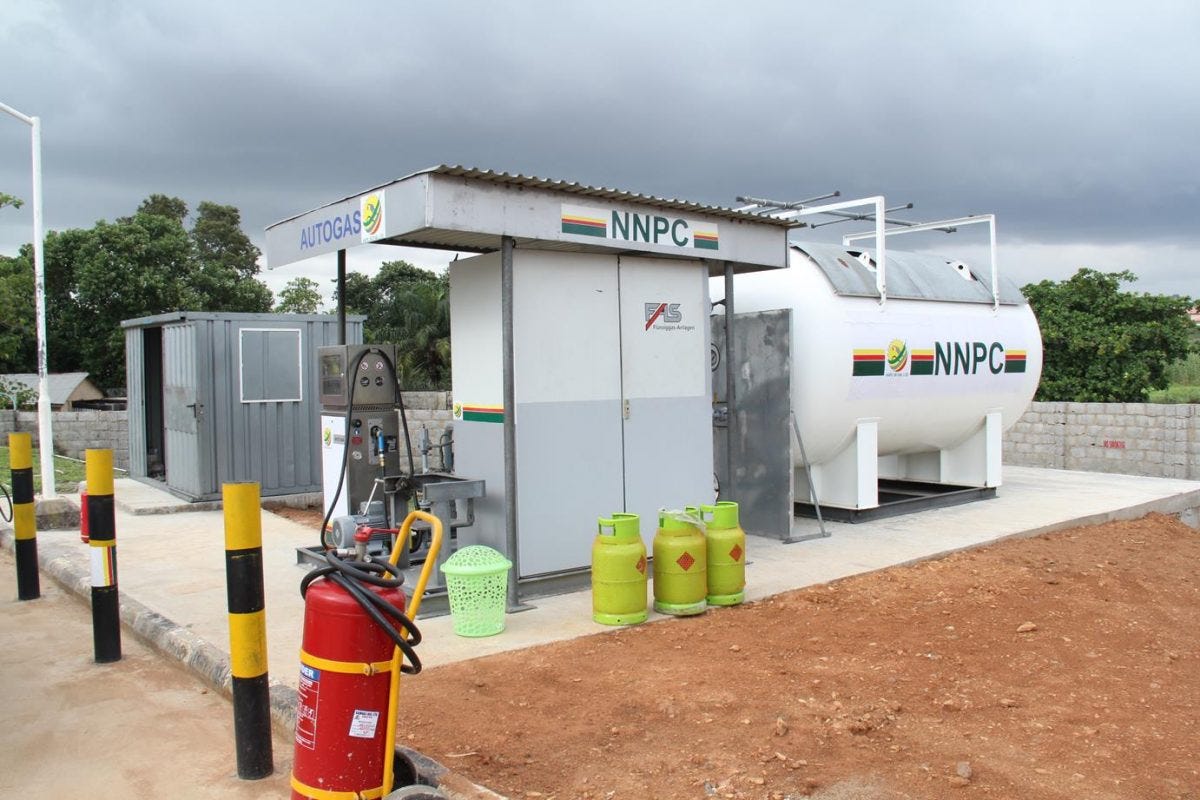Brussels has made its position clear: Europe’s future lies in electric cars. At a closed-door summit on Friday, EU leaders and car executives wrestled with the continent’s troubled auto sector but left the 2035 ban on new combustion cars untouched.
A source close to the meeting told Euronews: “No matter what, the future is electric.” The insider added: “The industry is extremely aware of the need to transition.”
European carmakers had gone into the talks pleading for more flexibility on CO2 targets. Yet the source insisted: “Even if the Commission took down these targets, global competition would set them for the industry.”
Debate Over Deadlines
The EU wants climate neutrality by 2050. A big part of that plan is the 2035 deadline, when sales of new petrol and diesel cars will stop. Pressure has been growing to soften the target as sales falter and energy costs soar, but Brussels showed no sign of bending.
Audi CEO Gernot Döllner told Wirtschaftswoche: “I know of no better technology than the electric car for advancing CO2 reduction in transportation in the coming years.”

He warned that constant debate about saving combustion engines was “counterproductive and unsettles customers.”
Michiel Langezaal, CEO of Fastned and president of ChargeUp Europe, added: “Ensuring that Europe can lead the e-mobility transformation globally requires more than standing robustly by a roadmap. It requires industry to have the courage to approach the challenges we face with a growth mindset and focus on the actions needed to make the transition towards e-mobility a success for people, industry and the environment.”
The summit lasted three hours and was part of the Commission’s “Strategic Dialogue” on the future of the auto industry. It was the third meeting of its kind this year.
Industry Under Pressure
The European car sector employs more than 13 million people and contributes about 7% to EU GDP. Yet sales are slipping, Chinese rivals are gaining ground with state subsidies, and US tariffs are adding new pressure.
Back in April, EU industry chief Stéphane Séjourné warned that the car sector was “in mortal danger.” He added: “There is a risk that the future map of the global car industry will be drawn without Europe.”
Sigrid de Vries, director general of the European Automobile Manufacturers’ Association (ACEA), told Euronews that electric adoption still lags. “The market share of battery electric passenger cars in EU-27 was at 15.6% and at 9% for vans. Widespread mass-market adoption has not happened yet. And it will not happen if we don’t speed up the infrastructure and bring down the total cost of ownership.”
She accused governments of failing to act: “Governments and regulators have not invested in, nor demanded, sufficient levels of infrastructure and grid upgrades and incentives remain inconsistent. The consequence: the regulatory targets are no longer achievable.”
The Road Ahead
Carmakers say Europe must act faster if e-mobility is to succeed. They want stronger purchase incentives, fairer taxation, cheaper charging, and better access to cities for zero-emission vehicles.
They also call for massive investment in charging stations, especially for heavy trucks, alongside modernised grids and lower electricity prices. Without these steps, the 2035 target may remain a distant dream.
For more on Europe’s climate targets, see Bloomberg coverage.
Rate, Like 👍, Comment💬, share this article, Follow us on our social media handles, and Submit your own story to get featured and earn rewards!







